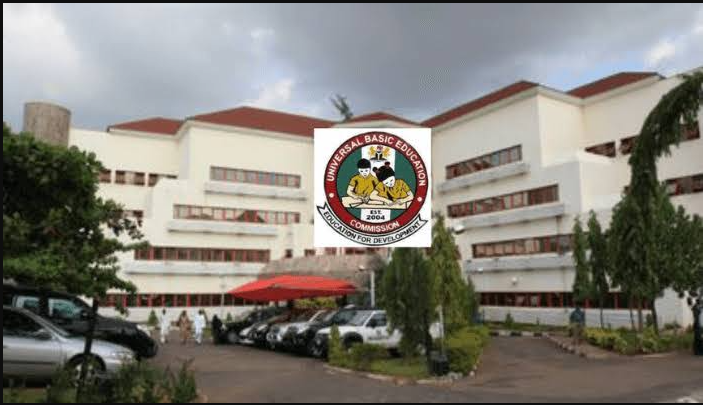The Universal Basic Education Commission (UBEC) has raised alarm over the continued retention of over ₦250 billion in unutilised basic education intervention funds in the accounts of State Universal Basic Education Boards (SUBEBs) across the 36 states and the Federal Capital Territory (FCT).
The Executive Secretary of UBEC, Dr. Aisha Garba, made the disclosure on Monday while declaring open a three-day Financial Management Training for SUBEB fund managers, Directors of Finance and Accounts, Internal Auditors, and Matching Grant Desk Officers from across the country.
The training, themed “Efficient and Effective Management of UBE Intervention Fund, a Key to Successful Basic Education Service Delivery,” is part of UBEC’s renewed efforts to strengthen accountability and improve the utilisation of UBE funds.
Represented by the Deputy Executive Secretary (Technical), Mr. Razaq Olajuwon Akinyemi, Dr. Garba noted that the slow access and poor utilisation of the Universal Basic Education (UBE) matching grant remain key obstacles to infrastructure development and quality improvements in public schools.
“While we have made significant progress, with 25 states and the FCT accessing ₦92.4 billion in UBE grants between January and June 2025, over ₦250 billion is still lying dormant in state SUBEB accounts,” she said.
According to the UBEC boss, the Commission also disbursed ₦19 billion under the 2023/2024 Teacher Professional Development (TPD) fund to 32 states and the FCT, and ₦1.5 billion under the School-Based Management Committee School Improvement Programme (SBMC-SIP) to 1,147 communities across the country.
Dr. Garba recalled that her first official assignment after assuming office in January 2025 was to lead the 46th Financial Monitoring Exercise in the North Central region—a task that exposed systemic lapses in fund management at the state level. These included:
- Delays in accessing and utilising matching grants;
- Diversion of funds;
- Non-compliance with utilisation guidelines;
- Failure to deduct and remit taxes;
- Bypassing due process in contract awards; and
- Ignoring approved Action Plans for education projects.
“To address these gaps, we’ve reviewed the utilisation guidelines, created a new Action Plan template for SUBEBs, and launched capacity-building initiatives both at home and abroad,” Garba noted.
She described the current training as a critical step toward ensuring that funds are used efficiently, transparently, and for the direct benefit of learners.
Participants are expected to gain practical knowledge in areas such as:
- The revised SUBEB Action Plan template;
- Overview of the 2025 Nigerian Tax Reform Act;
- Common financial infractions and audit red flags;
- Procurement procedures; and
- Proper maintenance of financial records.
Garba reminded attendees that the effectiveness of education spending depends not on the volume of funds disbursed but on how well those funds are managed.
“Every naira released must be accounted for and translated into improved infrastructure, better teaching environments, and enhanced learning outcomes for the Nigerian child,” she stressed.
She praised the resource persons for their commitment and urged them to bring their expertise to bear during the sessions. She also encouraged participants to engage actively, share experiences, and recommit to the principles of transparency, accountability, and excellence in public service.
“Let this training be a turning point in how we manage education funds. Let it inspire new perspectives and drive improved performance across our basic education systems,” she concluded.
UBEC has maintained a consistent track record of building financial capacity among SUBEB personnel, and this training marks yet another significant milestone in its mission to enhance accountability and improve service delivery in Nigeria’s basic education sector.

